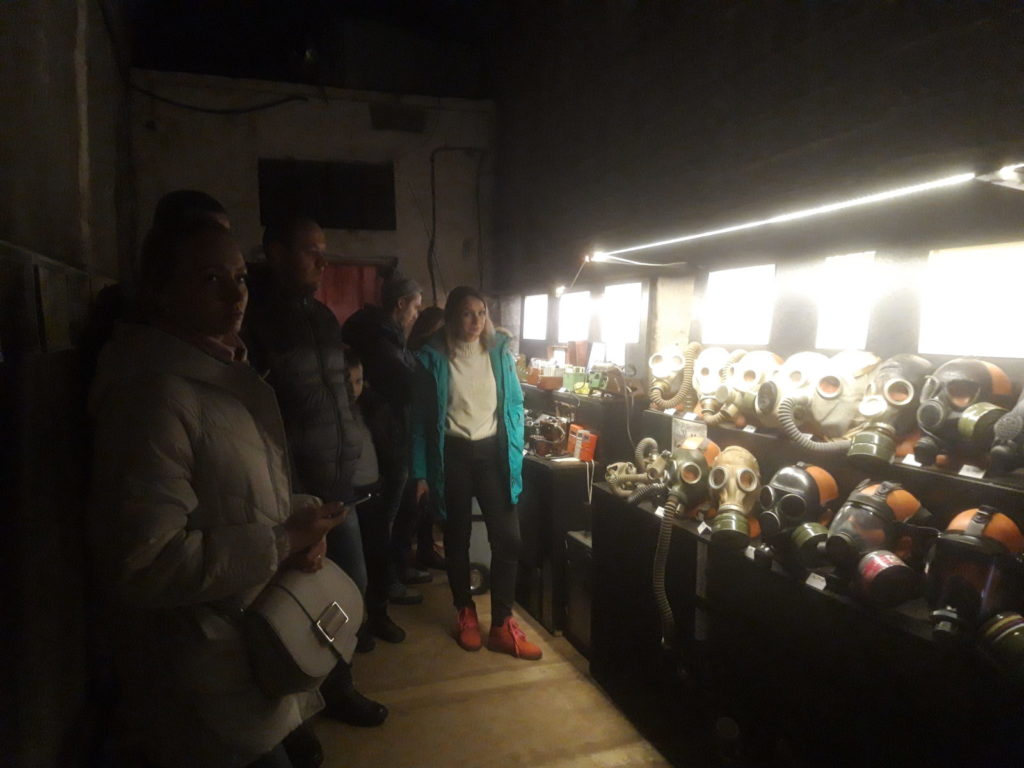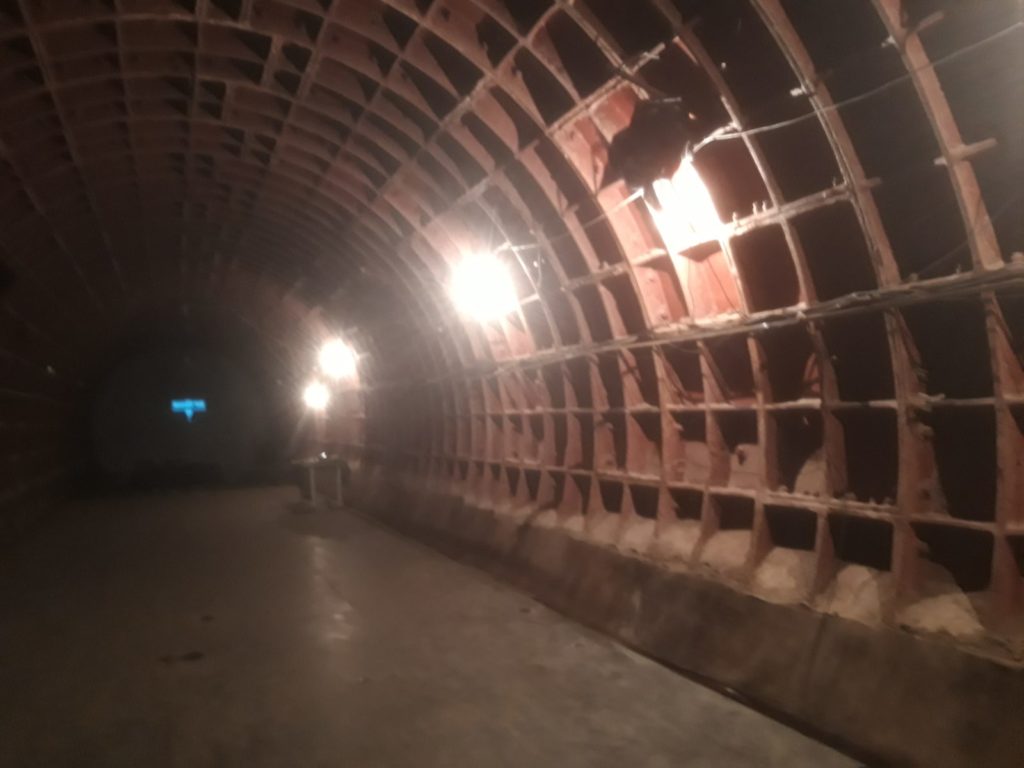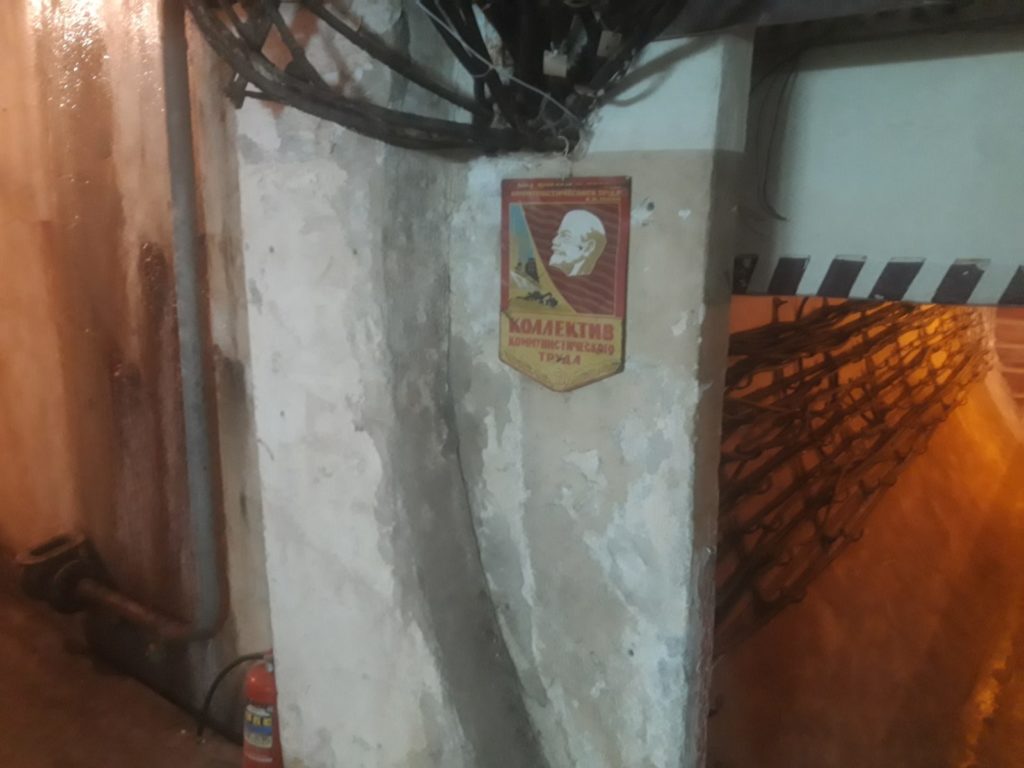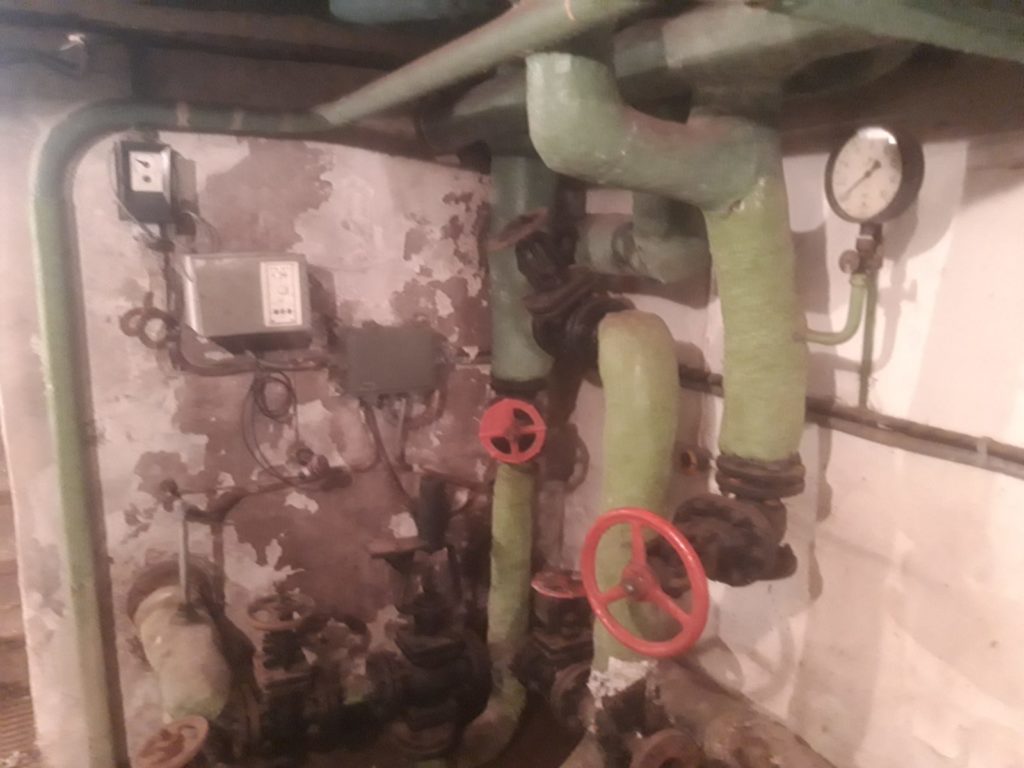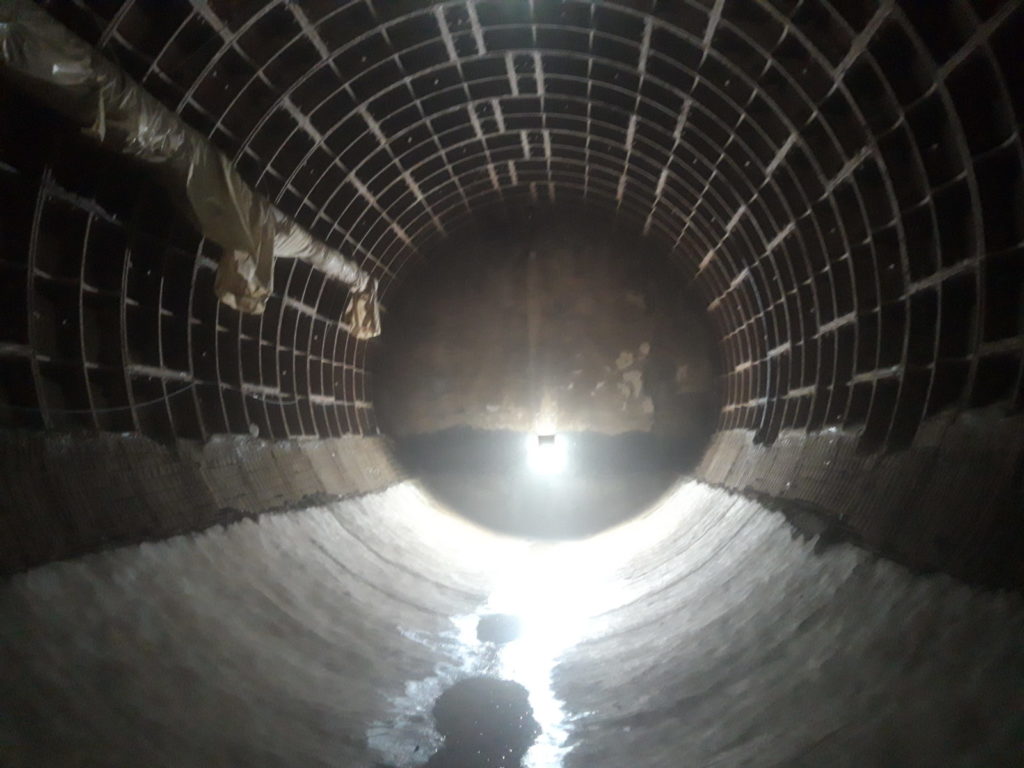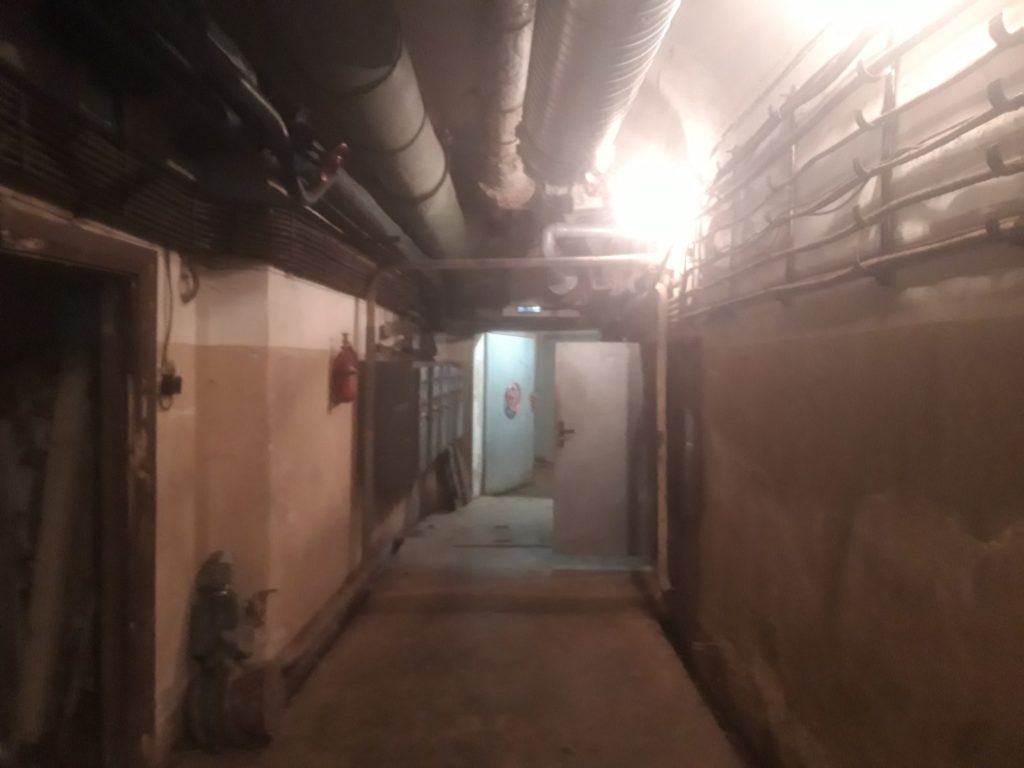9 February Bunker 703 (only de-classified and open for visits last year)
Moscow is full of museums dedicated to the military might and prowess of the former Soviet Union. The Bunker 703 museum tells a different story. It is dedicated to the preservation of mid- 20th century Soviet fortifications, designed and built at the beginning of the Cold War.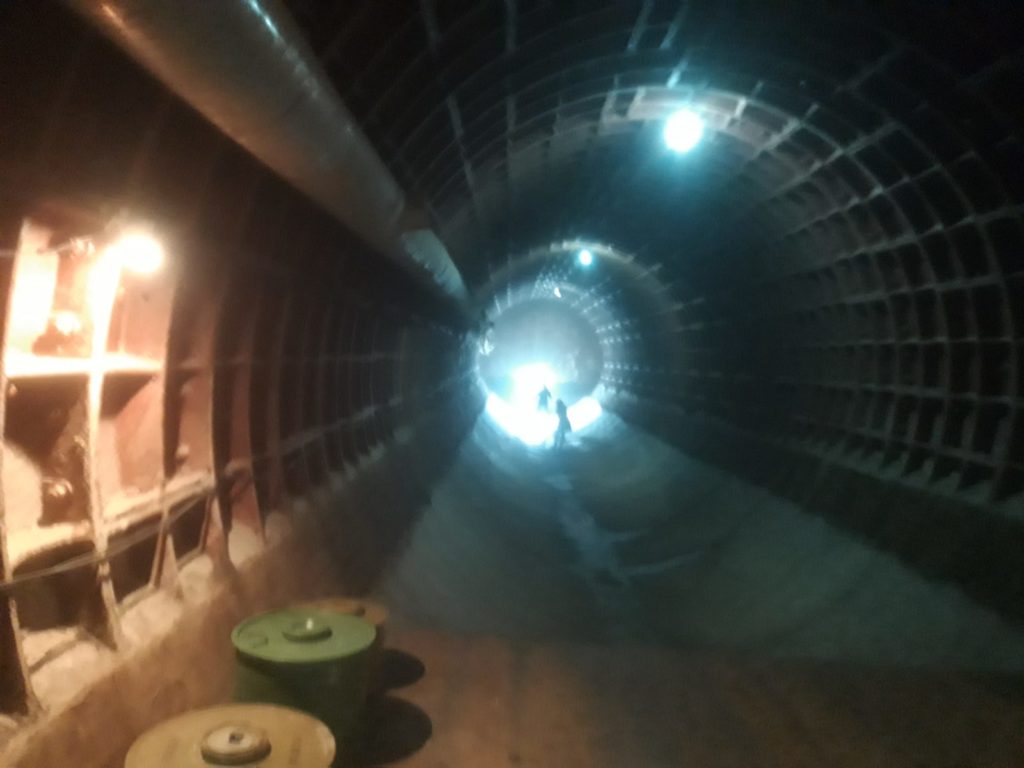
Constructed at a relatively shallow depth of 43 meters (do not complain as access is via the stair case) it showcases the period life support systems, Stalin-era cast-iron tubing and construction of a atomic-bomb era fall-out shelter. Everything is genuine. It is not a cheery place at all. Post-apocalyptic survival is a serious business and that is what ‘703’ is all about. It is a dark, moody and gritty place. One of the most authentic Soviet museums available to visit (one of 2 fall-out shelters) in Moscow, it is a ‘must see’ for anyone with an interest in the Cold War, its heritage and the terrible possibilities of death and destructions as 2 super powers faced off against each other.
For several decades, the bunker acted as a protected special archive of the Ministry of Foreign Affairs. Until recently, classified experts worked on-site, and the most important Russian international secrets were kept. In 2018, after the fallout shelter was finally deemed obsolete, the first visitors were allowed.
You will see the massive security doors, unique Soviet equipment and understand the technologies and artifacts deployed in the specialist construction, hidden below Zamoskvoretsky courtyards and alleys.
Bunker 703 is the only real Stalin-era nuclear fall-out shelter open to visitors. (It pre-dates Taganka) You may even start the warning siren about an impending nuclear attack! Or walk the cast-iron tunnel which used to run the special trains into the fortification.
It is an absolutely authentic experience and visitors will benefit from the expertise of the historians, engineers, archivists and tunnel builders who have created a very worthwhile exhibit.

